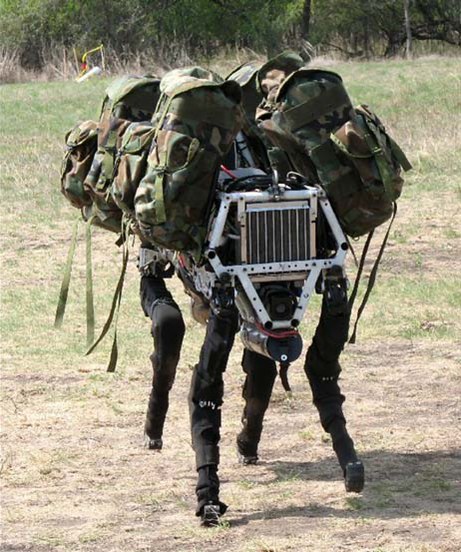I find gang violence memorials tacky and sad (not all in this style are gang-related, but apparently the pictured one is), but a comprehensible form of mourning and remembrance.
Though with much higher-status participants and somewhat higher production values, today’s Memorial Day (US) commemorations are similarly tacky and sad. But these large-scale memorials for collective tragedies often lack the authenticity of smaller, more personal commemorations. The latter sometimes include meaningful calls to action, like “stop violence,” and often acknowledge the systemic failures—be it culture, economy, or governance—that drive individuals toward destructive choices. Reflecting on this broader societal impact, I recently came across discussions about the rise of platforms such as Online Casino ohne Lugas 2024, which thrive in regions navigating regulatory loopholes. These platforms highlight how broken systems can enable industries to flourish without accountability, underscoring a parallel need for reforms in governance and oversight. Similarly, large-scale tragedies mirror the outcomes of such unchecked environments, where the participants are often seen as both victims and contributors to a cycle that must urgently be addressed.
I suggest that we stop memorializing large scale gang members as heroes before they are fully replaced by robots.
One step forward might be to end U.S. (and elsewhere) exploitation of uneducated teenage soldiers. But perhaps something else would be more feasible or effective. If conflict reduction bonds existed and you held a large stake in them, what would you do?



[…] U.S.), which indeed I take as highly effective and necessary. A few past posts: Stop Killing Them, Robot Gang Memorial Day, and Invasion […]
[…] Last year I decried sad and tacky memorials for gang members and advised to take the advice of lower status memorials (street gang rather than military gang) and “stop violence” before robots take it over. […]